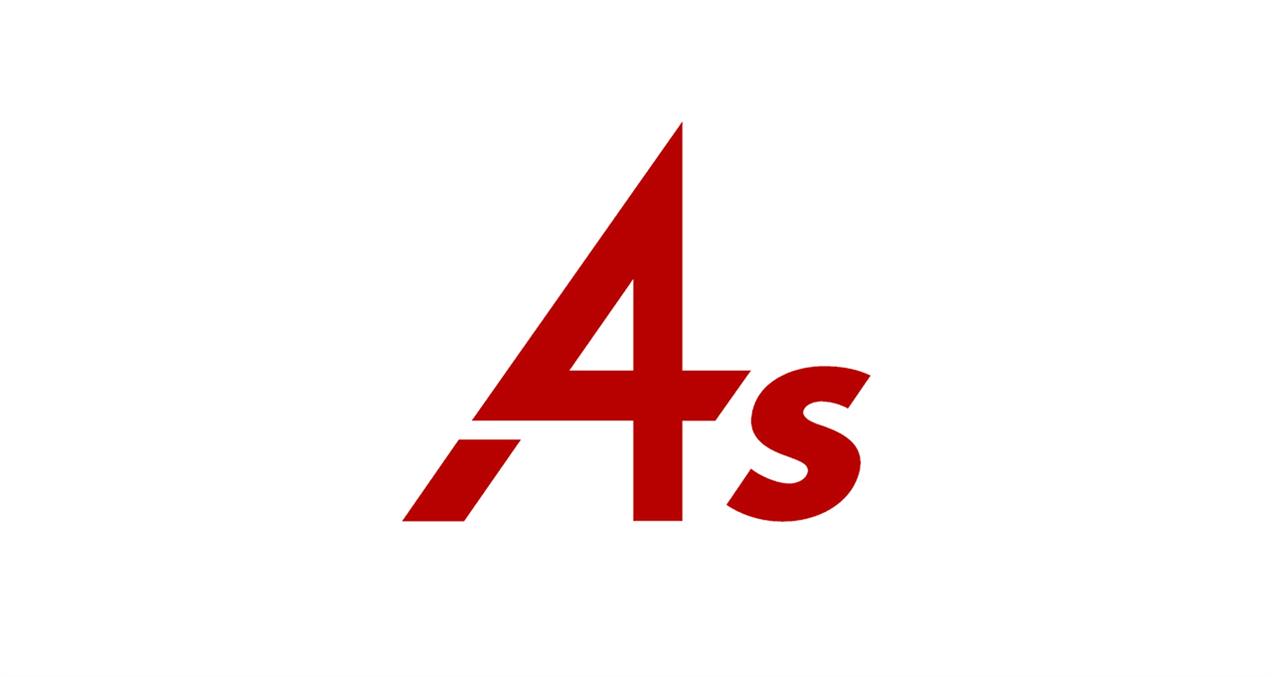Author
Amanda Anderson
4As VP, Government Relations
Topic
- Technology
In a February 21, 2023 ruling, the NLRB issued a decision in McLaren Macomb, holding that employers commit an unfair labor practice merely by offering former employees severance agreements “with provisions that would restrict employees’ exercise of their [National Labor Relations Act (NLRA)] rights.” According to the NLRB’s ruling, examples of non-permissible provisions include nondisparagement and confidentiality clauses, as the board ruled they violate Section 7 and Section 8(a)(1) of the NLRA. Specifically, agencies using severance agreements should avoid creating the impression that an employer’s enforcement of a provision would create a reasonable tendency to interfere with, restrain, or coerce the exercise of an employee’s Section 7 rights. The NLRB decision does not apply to agreements with executives, managers, supervisors, or independent contractors, as these are not “employees” within the meaning of Section 2(3) of the NLRA.
The NLRB’s decision overrules two 2020 decisions in the Trump-era, Baylor University Medical Center and IGT d/b/a International Game Technology, that took a more holistic approach to evaluating severance agreements under the NLRA in part because, “severance agreements do not, nor do they have the potential to, affect employees’ pay or benefits or any other terms of employment that were in place before the employees were discharged.” The McLaren Macomb case involved severance agreements offered to furloughed employees that prohibited them from making statements that could disparage the employer and from disclosing the terms of the agreement itself.
In a statement, NLRB Chairman Lauren McFerran said, “It’s long been understood by the Board and the courts that employers cannot ask individual employees to choose between receiving benefits and exercising their rights under the National Labor Relations Act. Today’s decision upholds this important principle and restores longstanding precedent.”
The Feb. 21 ruling does not indicate how the NLRB board or its general counsel intend to address severance agreements that were entered into prior to the decision.
A deeper analysis of the NLRB decision’s implications can be found here.
Have questions about the NRLB’s ruling on severance agreements? Please contact Amanda Anderson, 4As Director of Government Relations.
Related Posts

01/27/2026
4As Unveils Innovation Team as Part of ‘Next Chapter’ Initiative

01/14/2026


